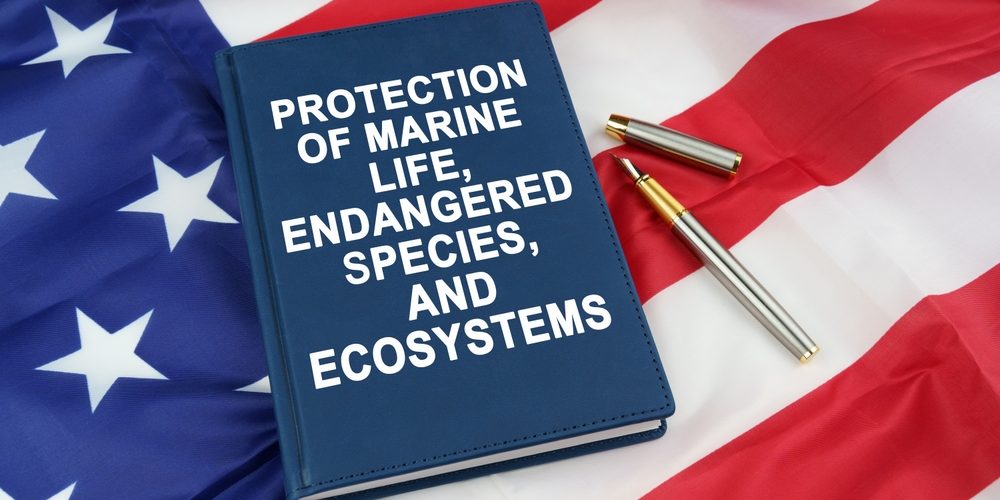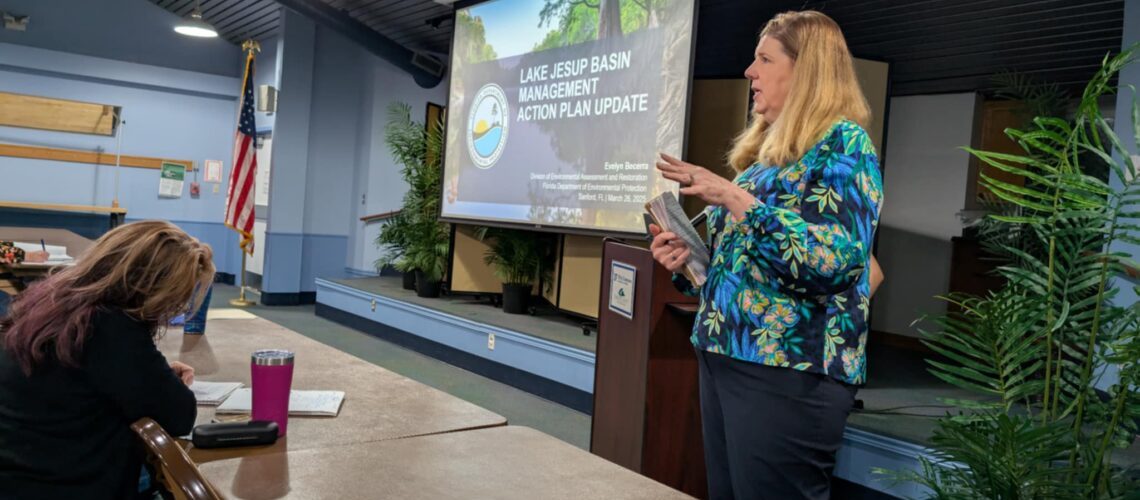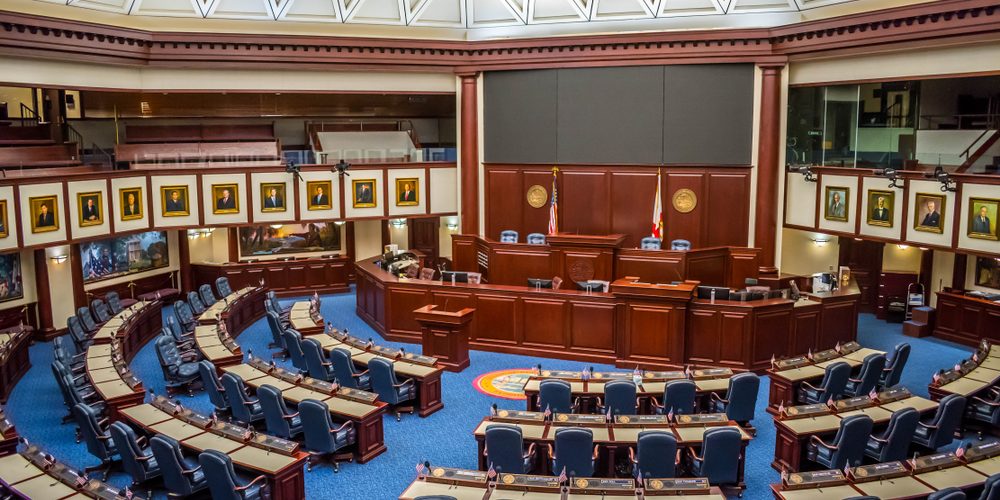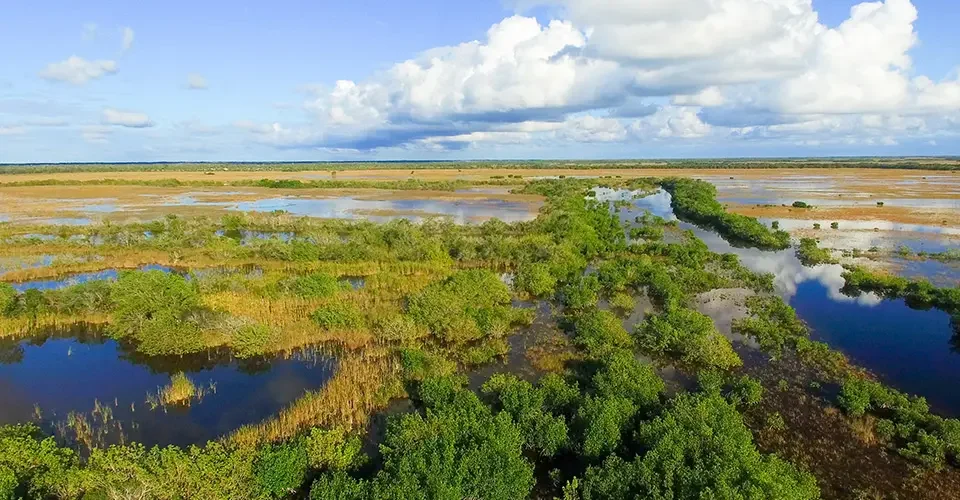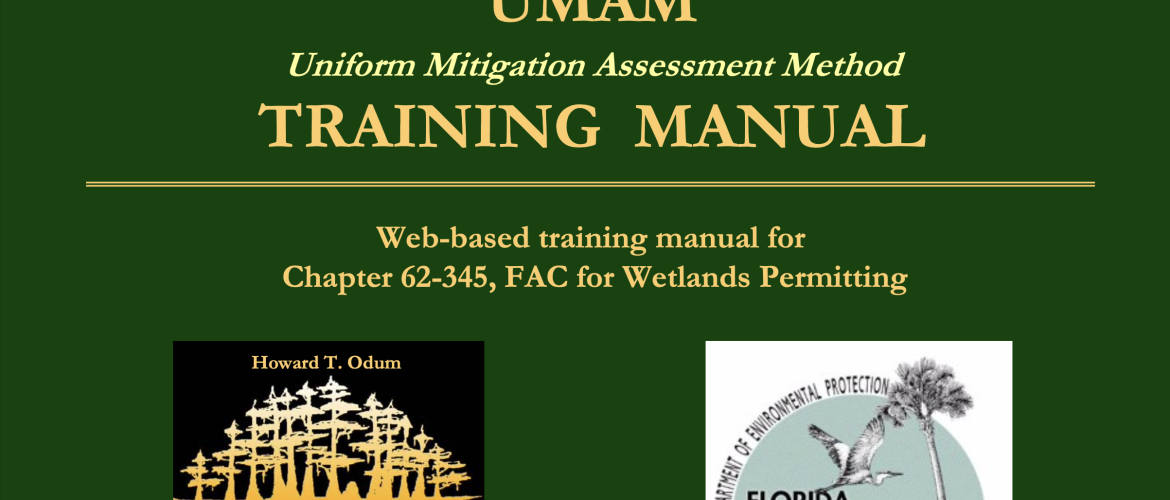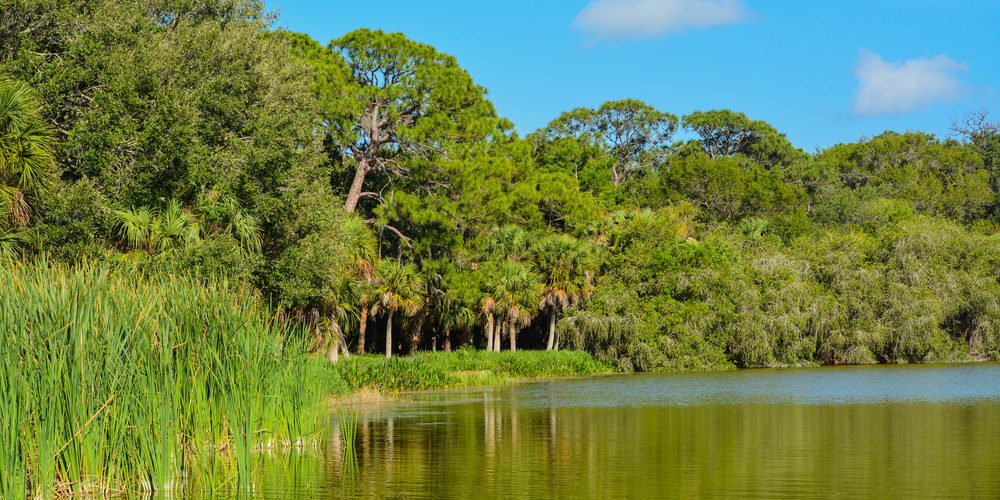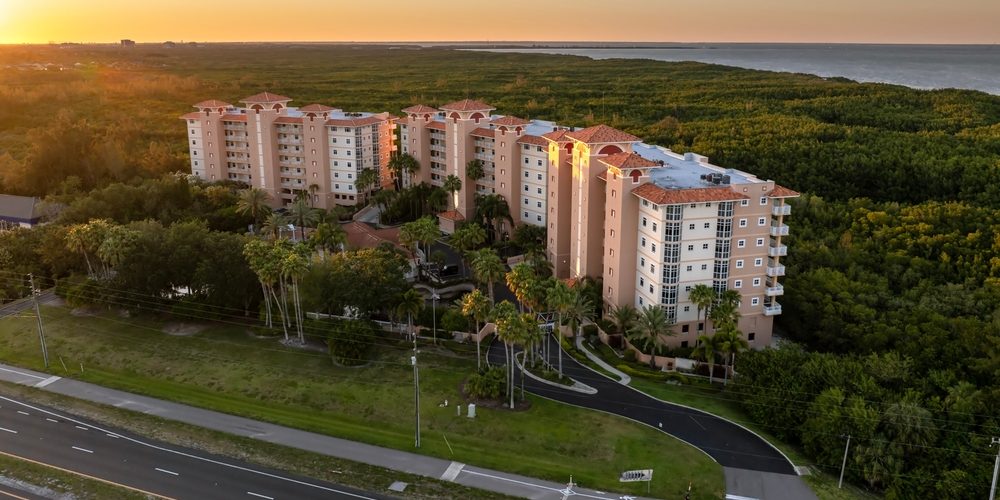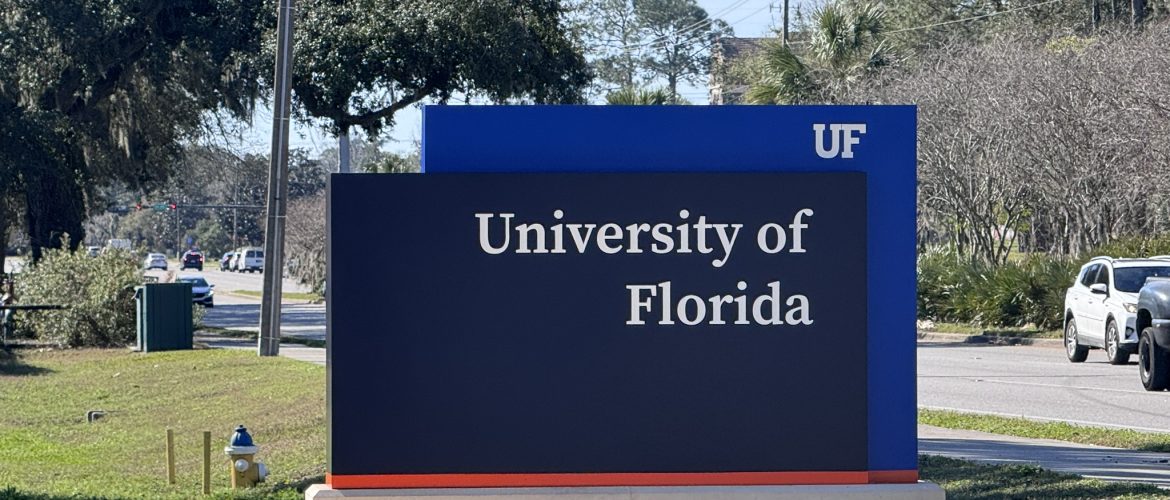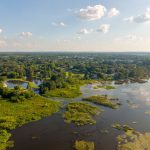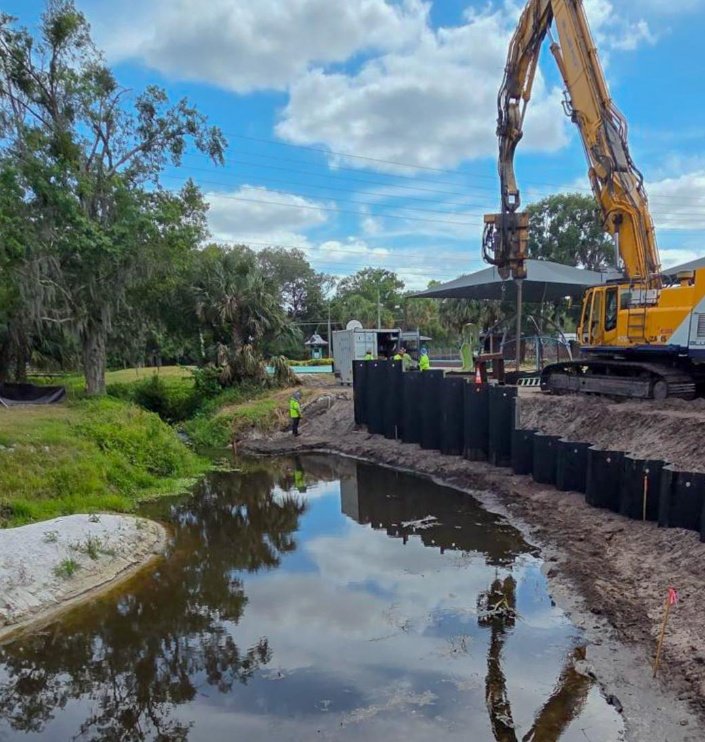Proposed Change to “Harm” Definition Could Impact ESA Protections and Conservation Banking As mitigation bankers and conservation professionals, we keep a close watch on federal regulatory changes. A new proposal from the U.S. Fish and Wildlife Service (FWS) and NOAA Fisheries deserves your full attention. On April 17, 2025, the agencies published a proposed rule to revise the regulatory definition of “harm” under the Endangered Species Act (ESA). If finalized, this change would narrow the circumstances under which habitat modification is considered
April 2025 Regulatory Insights: Navigating the Changing Landscape of Mitigation Banking As we move through the second quarter of 2025, several major regulatory decisions are taking shape, each with the potential to significantly impact how we approach environmental permitting, credit sales, and long-term mitigation banking strategies. I believe staying ahead of these changes is key to protecting your investments and continuing our shared mission of preserving critical ecosystems. Here are four important updates to keep on your radar: 1. Redefining “Waters of
Lake Jesup BMAP Update: What It Means for Florida’s Water Quality As part of our ongoing commitment to clean water and ecosystem restoration, I recently joined environmental experts, regional leaders, and engaged citizens at the March 2025 Basin Management Action Plan (BMAP) meeting focused on the restoration of Lake Jesup and surrounding watersheds. At the heart of the discussion was the Lake Jesup BMAP Update, presented by the Florida Department of Environmental Protection (DEP), the Division of Environmental Assessment & Restoration, and
Executive Order on Zero-Based Regulatory Budgeting Puts Mitigation Banking at Risk On the heels of the recently issued Executive Order on Zero-Based Regulatory Budgeting, serious concerns are emerging across the environmental and mitigation banking communities. This sweeping directive mandates that federal agencies—including the U.S. Army Corps of Engineers, U.S. Fish and Wildlife Service, and Environmental Protection Agency—must assign expiration dates to nearly all environmental regulations unless re-justified and formally extended. What’s at Stake? The Order threatens the very legal
Florida Legislature Advances SB 492/HB 1175: Proposed Updates to Mitigation Banking Regulations UPDATE: As of May 2, 2025: The SB 492 and HB 1175 have passed the legislature and will be headed to the Governor soon. If signed by the Governor, the bill would become effective July 1, 2025. UPDATE: As of April 11, 2025, SB 492 and HB 1175 have passed key committees and continue to move through the legislative process in the Florida Legislature. These proposed bills would introduce
Florida Section 404 Permitting Challenge Moves to Appeals Court: Implications for Wetland Projects and Mitigation Banking At The Mitigation Banking Group, we closely follow legal and regulatory developments that impact wetland permitting in Florida. One of the most significant changes in recent years—the transfer of Section 404 permitting authority from the U.S. Army Corps of Engineers to the State of Florida—is now under serious legal review. A federal appeals court is scheduled to hear arguments this May in a case that
How Florida’s UMAM Assessment Streamlines Mitigation Banking and Credit Sales At The Mitigation Banking Group, we specialize in helping landowners and developers navigate Florida’s complex wetland mitigation process. A critical tool in this process is the Uniform Mitigation Assessment Method (UMAM) — the state’s standardized approach to evaluating wetland impacts and calculating mitigation needs. UMAM provides a consistent scoring system that assesses wetland function loss from development and determines the number of mitigation credits required to offset those impacts. This ensures that every project complies with Florida’s “no-net-loss
Understanding SB 1118: What Florida’s Rural Boundary Bill Means for Conservation and Mitigation Banking As a wetland mitigation banking specialist, I work closely with landowners, developers, and regulatory agencies to help strike a balance between growth and environmental preservation. That’s why I’ve been closely monitoring Senate Bill 1118 (SB 1118)—Florida’s proposed Rural Boundary Bill, which could have significant implications for mitigation banking, conservation efforts, and infrastructure planning across the state. This legislation, introduced in early 2025, seeks to ease development
Clearing the Confusion: Common Misconceptions About Building on a Wetland As the CEO of The Mitigation Banking Group, Inc., I frequently speak with landowners, developers, and consultants who have questions about building on a wetland. With over 25 Mitigation Banks and Conservation Banks across the state of Florida, we work closely with regulatory agencies and clients to ensure projects are both environmentally responsible and fully compliant. Let’s clear up a few common misconceptions about building on a wetland and provide the facts
Navigating Wetland Permitting: My Reflections from the 2025 Public Interest Environmental Conference I’m grateful to have had the opportunity to speak at the 2025 Public Interest Environmental Conference hosted by the University of Florida Levin College of Law. As a panelist following the keynote speaker, I joined two highly respected environmental attorneys to discuss pressing topics affecting our industry—including the evolving definition of Waters of the United States (WOTUS) and the impacts of Section 404 Assumption. As someone who started in

